Home secretary Priti Patel will decide before the end of May whether to recommend Julian Assange‘s extradition to the US. The WikiLeaks founder is accused of 17 counts of violating the Espionage Act and one of conspiracy to commit computer intrusion.
Patel’s recommendation will have implications for journalists everywhere, not just in the UK or US. But her recommendation is not necessarily the end of the matter. Because Assange’s lawyers can still apply to appeal earlier court rulings.
Further appeals
On 14 March, defence lawyers released a statement following a Supreme Court decision. The statement explained that they have an opportunity to put arguments against extradition to Patel.
Crucially, it added:
No appeal to the High Court has yet been filed by him [Assange] in respect of the other important issues he raised previously in Westminster Magistrates’ Court. That separate process of appeal has, of course, yet to be initiated.
Former UK ambassador Craig Murray argued such appeals would likely consider:
- the misuse of the extradition treaty which specifically prohibits political extradition;
- the breach of the UNCHR Article 10, right of freedom of speech;
- the misuse of the US Espionage Act;
- the use of tainted, paid evidence from a convicted fraudster who has since publicly admitted his evidence was false;
- the lack of foundation to the hacking charge.
Grounds for appeal
The Canary has already published several legal arguments as to why the prosecution’s case against Assange is flawed. Some of them are as follows:
- The indictment includes a charge of conspiring (with Chelsea Manning) to commit computer intrusion. Yet what happened between Assange and his source is what any journalist does: to encourage the supply of further information and offer protection.
- The charges raised are political. Some of the world’s most high-profile media outlets directly partnered with WikiLeaks to publish content from leaked documents – but were not prosecuted.
- According to one US judge, WikiLeaks is protected by the First Amendment of the US Constitution.
The Canary has also reported on how a star prosecution witness – a convicted felon and paedophile – fabricated evidence in exchange for a deal with the FBI. Under English law, where a law enforcement agency is shown to have directly fabricated or colluded in the falsification of evidence, this provides grounds for dismissal of a prosecution case or of convictions. A famous example of this was the Guildford Four case.
And then there are the revelations that the CIA plotted the potential kidnap, rendition, and murder of Assange.
State vs public interest
The Assange case should also be seen in the context of other cases that are of legal relevance.
Katharine Gun worked as a translator for GCHQ. In 2003, she leaked a copy of a classified memo from the NSA. The memo requested that GCHQ monitor the communications of certain UN delegates. This was to pressurise them to support the US and UK in their intended invasion of Iraq. Gun later argued that the US and UK were attempting to either blackmail, bribe or threaten those delegates and their countries.
The leaked memo ended up with the Observer, which ran a front page story on it. Subsequently, Gun owned up to the leak and some months later was charged under the Official Secrets Act.
When Special Branch asked Gun why she leaked the memo, given that she worked for the British government, she poignantly replied:
No, I work for the British people. I do not gather intelligence so the government can lie to the British people.
In court, Gun’s lawyer threatened to disclose material that could question the legal basis of the war. At that point, UK authorities announced that they won’t proceed with the prosecution. Labour cabinet minister Clare Short suspected the prosecution was dropped “because they do not want the light shone on the attorney general’s advice [that the war was legal]”.
As with Gun, the Assange case boils down to the question of whose interests a journalist should serve – that of the state or of the public? Assange’s lawyers compared him to Gun during the extradition hearings.
(Official Secrets, starring Keira Knightly, is a film version of what happened to Gun.)
When surveillance equates to a break-in
Renowned whistleblower Daniel Ellsberg profoundly admired what Gun did. As reported in The Canary, Ellsberg also offered his unequivocal support to Assange.
In 1971, Ellsberg was responsible for leaking the History of US Decision-making in Vietnam 1945-68 to the New York Times and Washington Post. The 7,000-page document became known as the ‘Pentagon Papers’. And it provided an insight into top-secret US decision-making during the Vietnam War.
As with Assange, Ellsberg was charged with violations under the Espionage Act. Crucially, however, the whistleblower’s prosecution was dropped. This was after it became known that president Richard Nixon had organised a break-in of Ellsberg’s psychiatrist’s office and the FBI had organised wiretapping.
In Assange’s case, there was also a breach of confidentiality. Surveillance company UC Global secretly filmed Assange with his lawyers inside the Ecuadorian embassy. The company then allegedly passed the footage on to contacts with links to US intelligence.
Right to protect sources
In March, a UK court ruled that investigative journalist and former Labour MP Chris Mullin was right in refusing to disclose names of those who cooperated in his investigation into the 1974 Birmingham pub bombings. Back in 2019, The Canary had reported that Special Branch knew the real bombers’ identities as far back as 1975.
In Assange’s case, the prosecution argued that his attempt to protect a source – Chelsea Manning – equated to collusion. In contrast, the UK courts ruled that Mullin had every right to protect his sources. Moreover, Mullin emphasised that this forms the basis of a free press.
Conflict of interest
A number of articles have also exposed a potential conflict of interest by Emma Arbuthnot, who presided as judge in the earlier stages of the extradition hearings:
- On 17 June 2019, The Canary revealed that Arbuthnot’s husband James had extensive links with the intelligence community.
- Later that month, The Canary published details of a search on the WikiLeaks database that showed James Arbuthnot was mentioned in 62 files, including a US secret cable.
- On 14 November 2019, Declassified UK claimed that Emma Arbuthnot benefited financially from organisations exposed by WikiLeaks.
- Declassified UK also revealed that Arbuthnot’s son is “the vice-president and cyber-security adviser of a firm heavily invested in a company founded by GCHQ and MI5 which seeks to stop data leaks”. That same firm invested in Darktrace, which “appears to have been established in response to data leaks from [Chelsea] Manning to Julian Assange’s WikiLeaks and from NSA whistle-blower Edward Snowden”.
- More compromising revelations regarding Arbuthnot’s husband were published by Declassified UK on 4 September 2020, exposing his links to a right-wing thinktank that had Priti Patel as financial beneficiary.
- On 21 February 2020, Declassified UK revealed that James and Emma Arbuthnot were financial beneficiaries of two Foreign Office partner organisations, and one of these organisations had been exposed by WikiLeaks.
All these revelations suggest that what we’ve been witnessing from the very beginning is little more than a show trial.
A glimmer of hope
Any one of the above concerns raised should, in theory, be enough to have the US extradition request dismissed. But first, any appeal requires High Court approval. And if that approval is given, there will be a glimmer of hope for Assange.
Ultimately, the core defence for Assange can boil down to two fundamental arguments. These are: freedom of speech, and the right to publish information of wrong-doings in the public interest.
Featured image via Wikimedia / Cancillería del Ecuador cropped 770×403 pixels
By Tom Coburg
This post was originally published on The Canary.
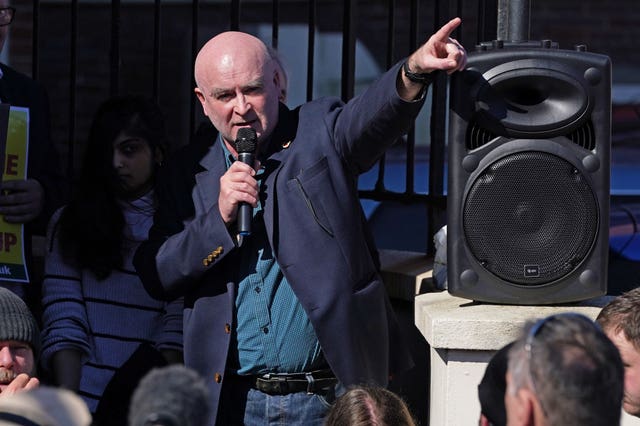
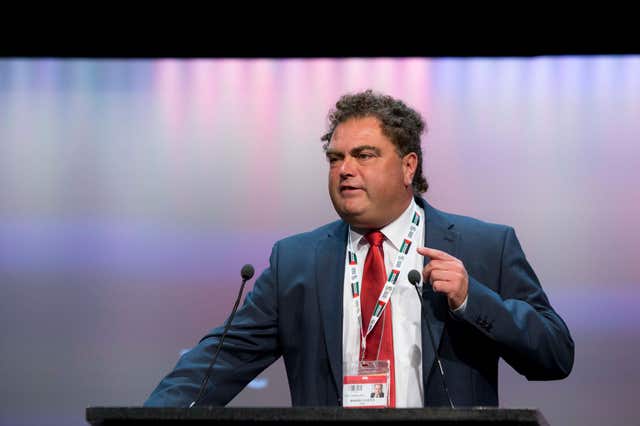
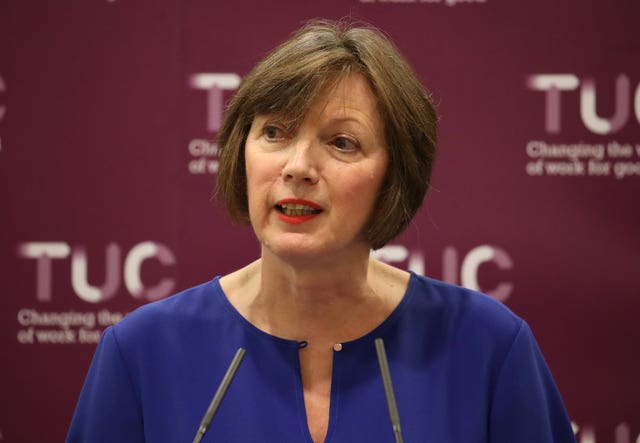



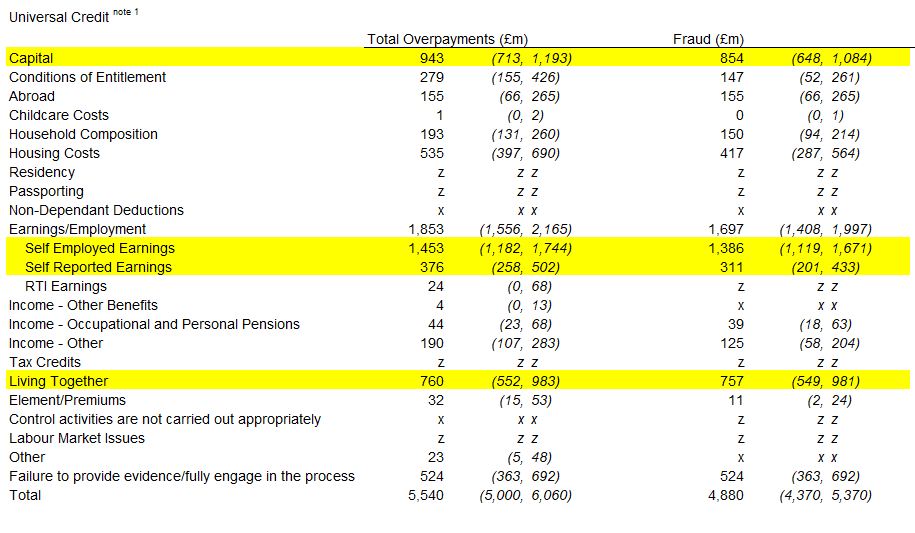

 (@alexhallhall)
(@alexhallhall) 

 (@Haggis_UK)
(@Haggis_UK) 




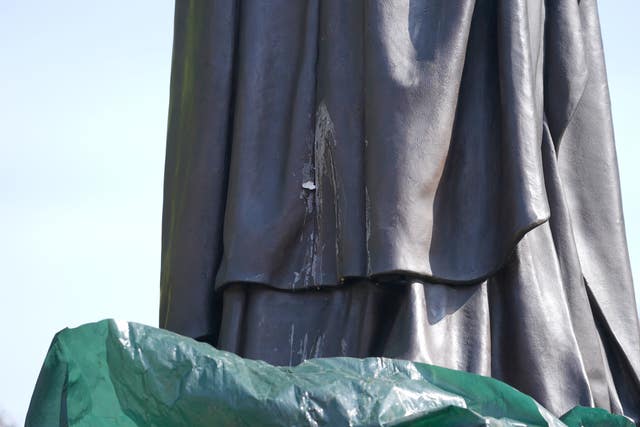
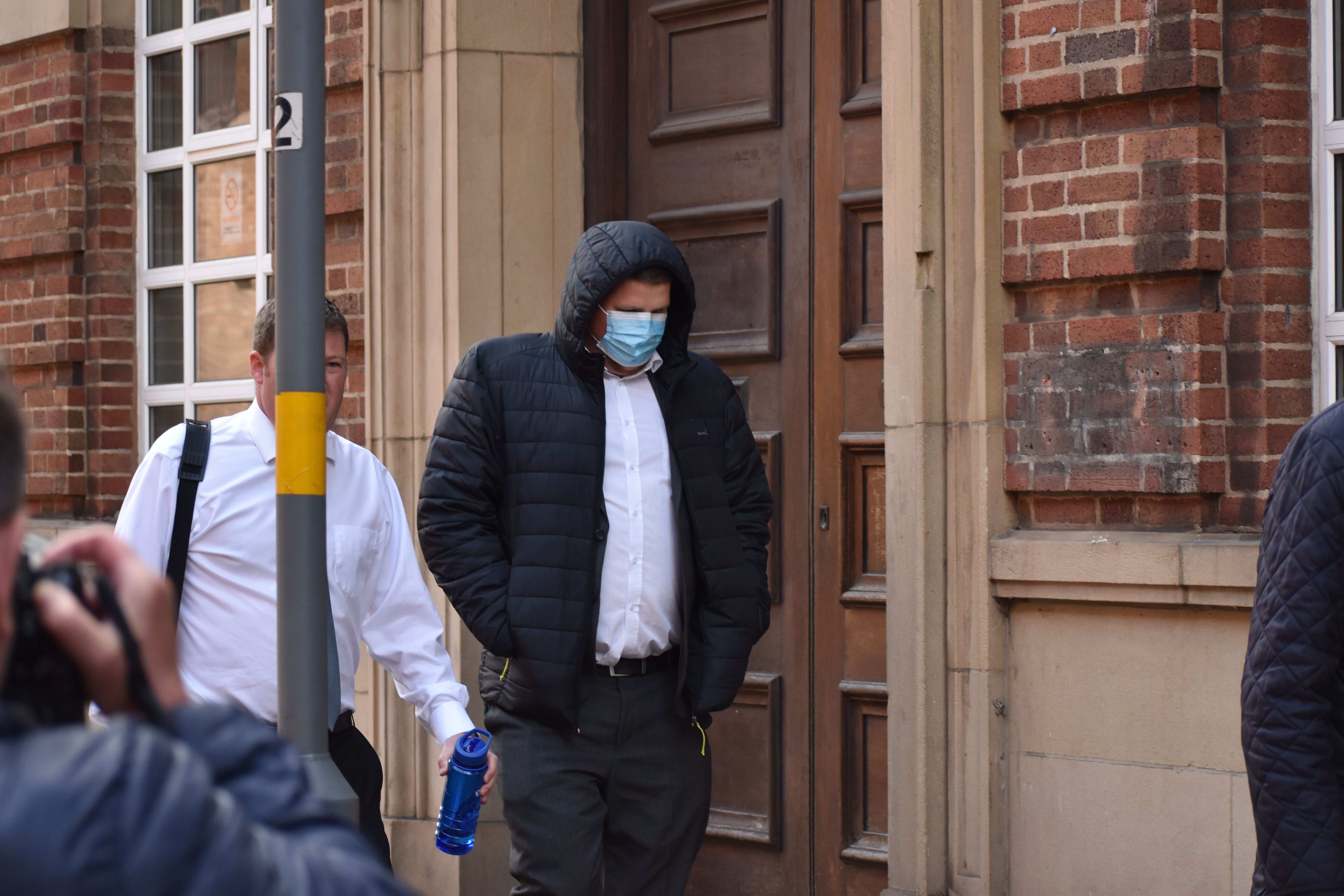
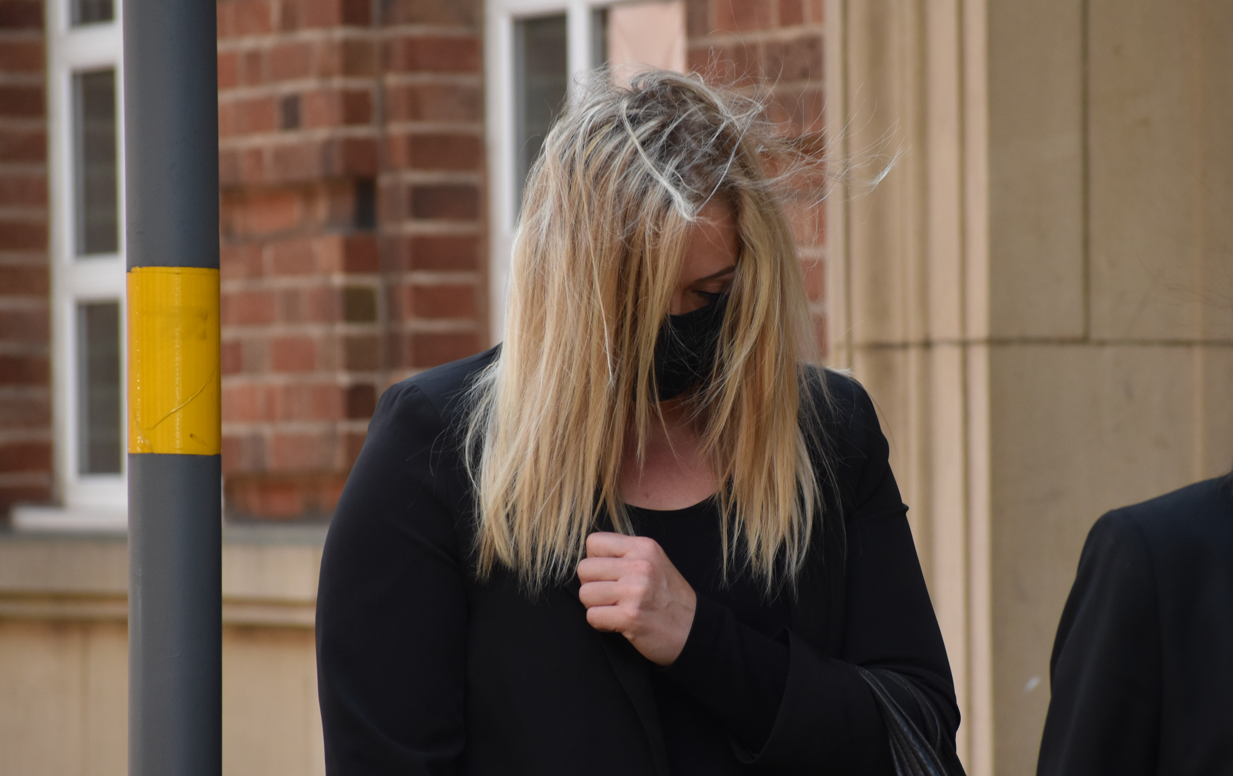

 :
: